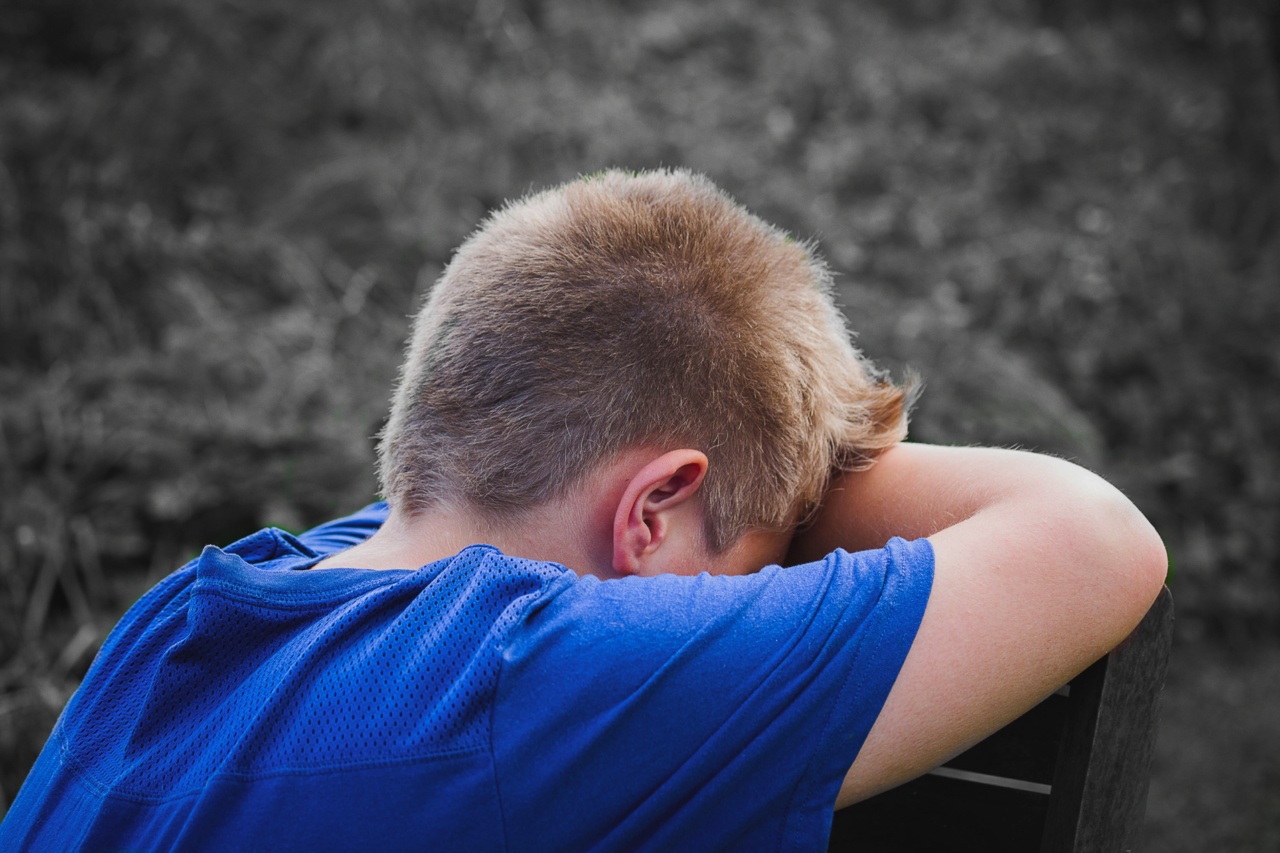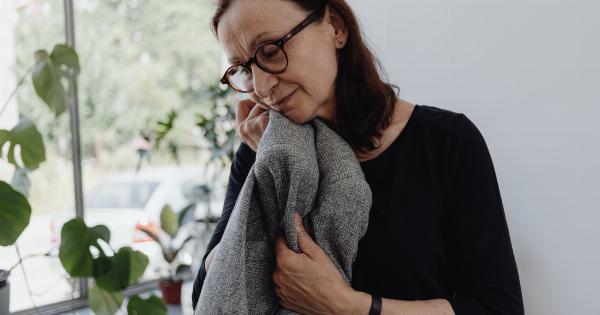Depression is a serious mental health condition that affects millions of people worldwide. It can interfere with your ability to function at work, school, or home and can have a significant impact on your quality of life.
Depression is treatable, however, many people do not seek help due to stigma, lack of awareness, or misunderstanding of the condition.
What is depression?
Depression, also known as major depressive disorder, is a mental health condition characterized by persistent feelings of sadness, hopelessness, and/or guilt.
It is a common mental health condition that affects people of all ages, genders, and backgrounds. Depression can manifest differently in different individuals, but common symptoms include:.
Symptoms of depression
- Feeling sad, empty, or hopeless
- Loss of interest or pleasure in activities once enjoyed
- Difficulty sleeping or oversleeping
- Loss of appetite or overeating
- Feeling tired or having low energy
- Difficulty concentrating, remembering details, or making decisions
- Feeling irritable, anxious, or restless
- Physical symptoms such as headaches or stomachaches
- Thoughts of death or suicide
- Difficulty in completing tasks and even simple tasks like self-care, may feel overwhelming
Types of depression
There are several types of depression, including:.
- Major depression: characterized by severe symptoms that interfere with daily life.
- Persistent depressive disorder: characterized by a depressed mood that persists for at least two years.
- Seasonal Affective Disorder: characterized by symptoms that typically occur during the fall and winter months and improve during the spring and summer months.
- Postpartum depression: occurs after giving birth and is characterized by feelings of sadness, anxiety, and exhaustion.
Causes of depression
The exact causes of depression are unknown, but it is believed to be caused by a combination of genetic, biological, environmental, and psychological factors. Some common risk factors include:.
- A family history of depression
- Hormonal changes such as those experienced during pregnancy, menopause, and menstruation
- Chronic illness or pain
- Stressful life events such as the loss of a loved one, divorce, or financial difficulties
- Drug or alcohol abuse
Treatment for depression
Depression is a treatable condition, and several effective treatments are available. These include:.
- Psychotherapy: also known as talk therapy, which involves talking with a mental health professional to identify and change negative thought patterns and behaviors.
- Medication: such as antidepressants which are prescribed by a healthcare professional to help regulate brain chemistry and improve symptoms of depression.
- Brain stimulation therapies: such as electroconvulsive therapy (ECT) and transcranial magnetic stimulation (TMS) can also be beneficial for some individuals.
Self-care for depression
Self-care can also be an effective way to manage symptoms of depression and improve overall well-being. Some strategies include:.
- Eating a healthy diet
- Exercising regularly
- Getting adequate sleep
- Engaging in activities that bring pleasure and joy
- Reducing stress through practices such as mindfulness and meditation
When to seek help
If you are experiencing symptoms of depression that interfere with your ability to function, it is important to seek help. Depression can be a serious condition, and without proper treatment, it can lead to long-term complications.
If you are experiencing suicidal thoughts or have a plan to take your life, seek emergency care immediately.
Conclusion
Depression is a common mental health condition that can interfere with your ability to function and negatively impact your quality of life. The good news is that it is a treatable condition, and several effective treatments are available.
If you are experiencing symptoms of depression, seek help from a mental health professional and prioritize self-care to improve your overall well-being.



























